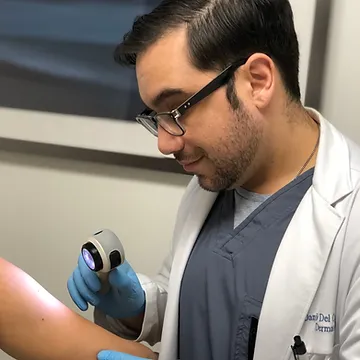Psoriasis is a chronic skin condition that causes cells to build up rapidly on the surface of the skin, forming red, scaly patches. It can be a physically and emotionally distressing condition, and it can also lead to other health problems if left untreated.
There are several treatment options available for people with psoriasis, including topical creams, phototherapy, and systemic medications. Biologics are a type of systemic medication that are used to treat moderate to severe psoriasis and other autoimmune disorders. They work by targeting specific proteins or cells in the immune system that are involved in the development of the disease.
There are several biologics that are currently approved for the treatment of psoriasis, including adalimumab (Humira), etanercept (Enbrel), infliximab (Remicade), and ustekinumab (Stelara). These medications are typically administered through injections or infusions, and they may be used alone or in combination with other treatments.

One of the benefits of biologics is that they can be highly effective in reducing the severity of psoriasis symptoms. In clinical trials, these medications have been shown to significantly improve skin clearing and reduce the need for other medications. They can also improve quality of life and reduce the risk of other health complications associated with psoriasis, such as joint pain and cardiovascular disease.
However, biologics are not without risks. Like all medications, they can have side effects, which may include injection site reactions, infections, and allergic reactions. They may also increase the risk of certain types of cancer, although this risk is thought to be low. Before starting treatment with a biologic, it is important to discuss the potential risks and benefits with a healthcare provider. It is also important to follow the treatment plan as directed and to report any adverse reactions or changes in health to your board-certified dermatologist.
Overall, biologics can be an effective treatment option for people with moderate to severe psoriasis. They can help to reduce symptoms, improve quality of life, and reduce the risk of other health complications. It is important to work closely with your board-certified dermatologist to determine the best treatment plan for each individual case. Dr. Danny is an expert in psoriasis and would be happy to further discuss treatment options during your consultation. Learn more about psoriasis here.
 SCHEDULE NOW
SCHEDULE NOW